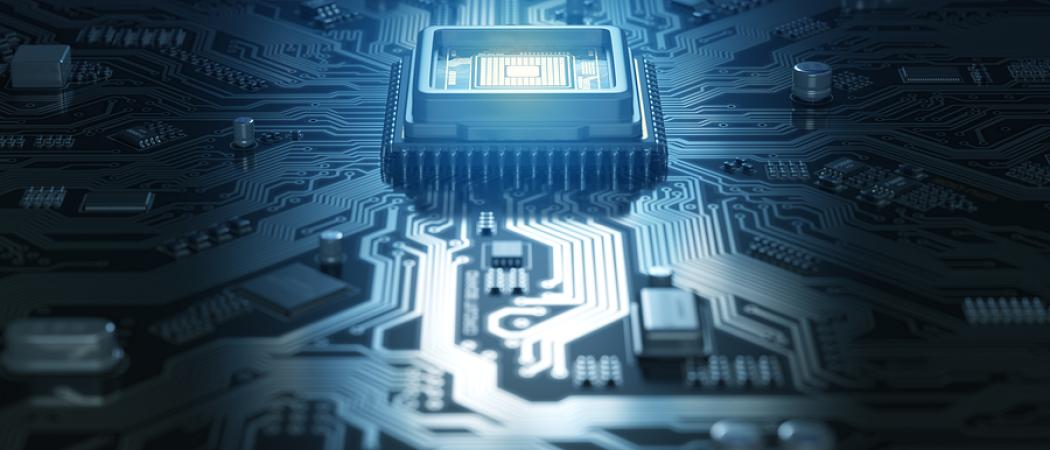European Commission is assembling a group to catch China and US in the competition to create a ‘super-supercomputer’

EU industry ministers have signed off on a €1 billion project to try catch up China, the US and Japan, and build the world’s fastest computer by 2023.
The overall goal is for Europe to acquire two ‘exascale’ supercomputers, capable of performing at least one billion billion mathematical calculations per second. That is some 10 times faster than today’s top-of-the-line models.
A new organisation, EuroHPC, based in Luxembourg, will manage the project from early 2019. The group will get €486 million from the European Commission’s Horizon 2020 research budget, with a similar amount from 25 member states. The UK, set to leave the bloc next March, is notably absent. Companies could also join the effort and provide "in kind contributions”.
Europe faces stiff competition from China, the US and Japan, which have their own supercomputer strategies. China launched the world-first exascale prototype in August. The Commission calls the initiative "crucial for the EU’s competitiveness and independence in the data economy.” It also worries that renting space on foreign computers increases the chances that commercial trade secrets and sensitive personal data could leak.
There are now 105 supercomputers in Europe, according to a biannual ranking of the world’s 500 fastest supercomputers. However, the top performing machines belong to China and the US.
This dominance has to be challenged, EU digital commissioner Mariya Gabriel said earlier this year. “The EU does not have one computer in the top ten list of supercomputers,” Gabriel said. “In 2012 we had four machines [in the top ten].”
Supercomputing hardware expertise in Europe is also lagging, with EU industry providing only five per cent of high performance computing components worldwide. Today’s swiftest computers can cost up to €250 million to design and assemble and several million euros more per year to run.
On top of the initial billion-euro investment, the Commission wants an additional €2.7 billion set aside in the 2021-2027 EU budget for post-exascale machines, some of which could be based on quantum computing technology.
Matching China
Everyone is losing ground to China, which has pulled even with the US in recent years.
Europe’s fastest computer, which is in non-EU Switzerland, is about 12 times slower than China’s Sunway TaihuLight, which performs at 93 quadrillion calculations per second, almost twice as fast as the second quickest machine in the world, which is also Chinese.
The TaihuLight uses Chinese-made microprocessors, rather than chips from Silicon Valley’s Intel, which provides chips for 90 per cent of all supercomputers in the world.
The EU drive aims to create the first generation of home-grown high performance computer processors. "The European HPC technology supply chain is still weak and the integration of European technologies into operational HPC machines remains insignificant," the EU says. The technologies developed are also expected to be applicable to machine learning and data analytics fields.
Sergi Girona, operations director at the Barcelona Supercomputing Centre, said the key was to have member states "cooperating, rather than in competition together. If we can align our interests, than we can catch up with the others," he said.
“China was significantly behind the rest of the world a few years ago. This is about investment rather than capabilities,” Girona added.
Apart from being a measure of technical prowess, governments and research institutions need supercomputers for highly complex computations in areas that range from weather forecasting to DNA sequencing.




